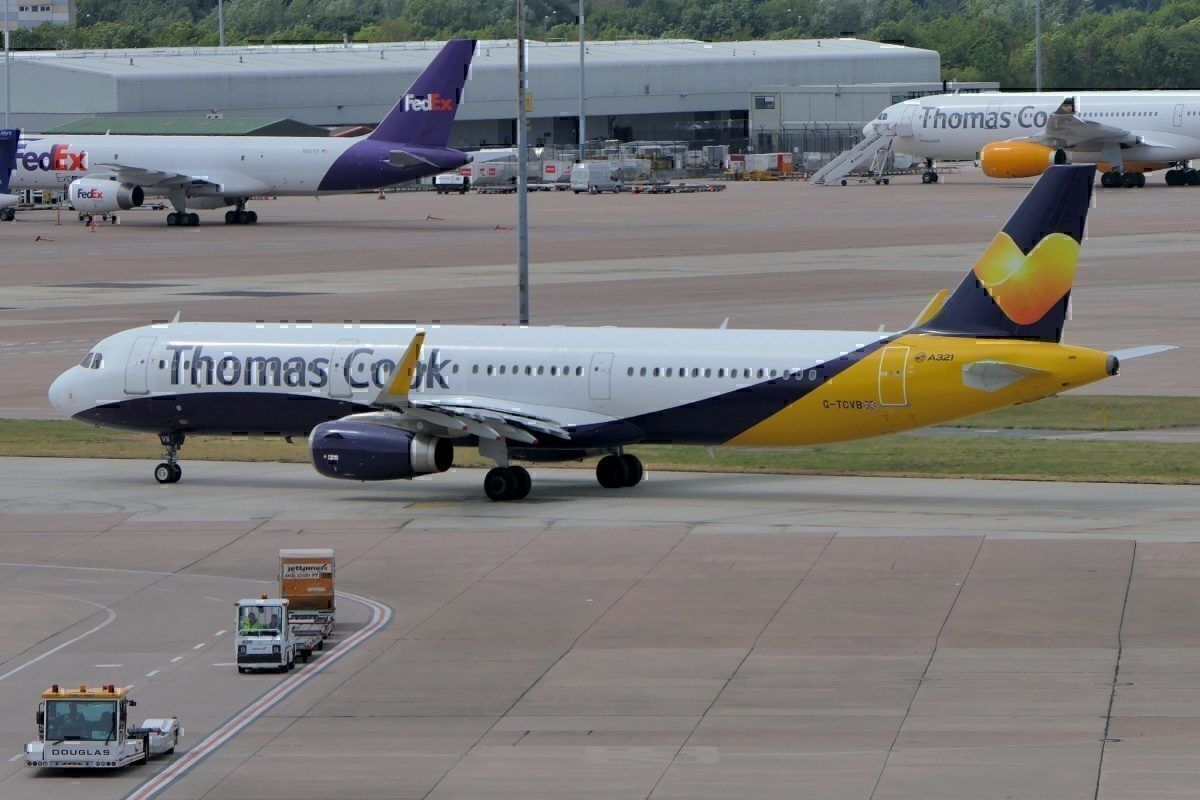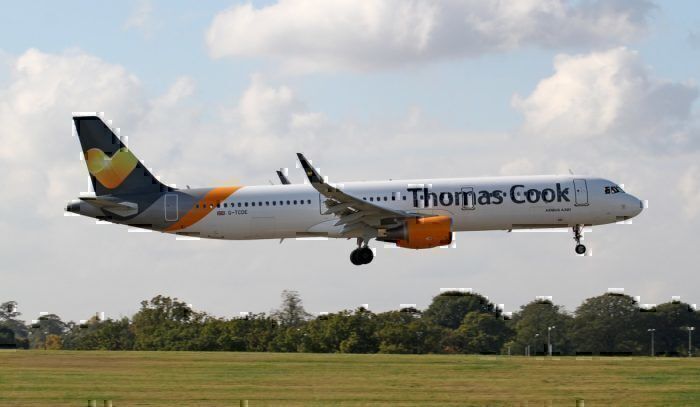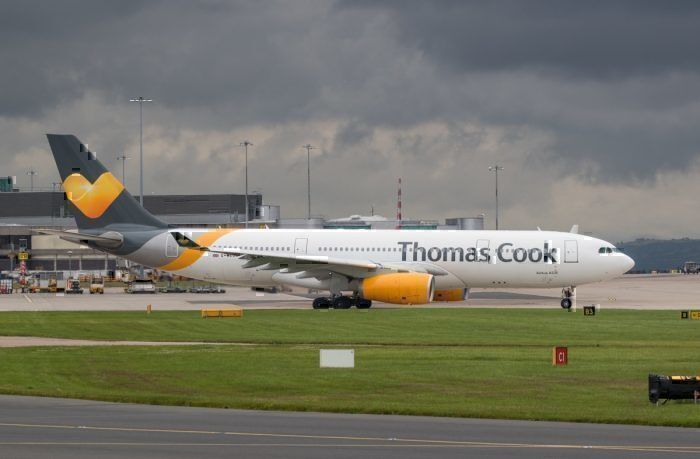Today marked the final day of the repatriation operation for passengers left stranded abroad after the collapse of Thomas Cook. In total there have been 746 flights bringing more than 140,000 people back to the UK as part of ‘Operation Matterhorn’.
The Civil Aviation Authority announced today that the final flight of Operation Matterhorn has touched down. The final flight of the Thomas Cook repatriation operation arrived at Manchester Airport at 08:35. The 392 passengers who traveled from Orlando, Florida were the last of more than 140,000 to return to the UK since Thomas Cook collapsed on 23 September.
Operation Matterhorn has been the largest peacetime repatriation operation ever conducted in the UK, taking the title previously held by Monarch Airlines, which left 100,000 people abroad when it collapsed in October 2017.
Discussing the operation, the UK Civil Aviation Authority’s chief executive, Richard Moriarty, said,
“The largest peacetime repatriation ever required an extraordinary effort from all involved. I want to thank everyone who has played their part in delivering this enormous undertaking, including the passengers we flew home”.
Operation Matterhorn in numbers
Since Thomas Cook went bust on 23 September, the UK Civil Aviation Authority has overseen a full-scale repatriation operation larger than any other in its history.
Operation Matterhorn has been coordinated around the clock by a team of nearly 500 people.
The UK Civil Aviation Authority drafted in employees from the Foreign Office and Department of Transport to help coordinate the mammoth repatriation effort.
In total, more than 150,000 Thomas Cook passengers were left stranded abroad without any means of return. According to the CAA, the operation involved 10 UK airports, 50 foreign airports and 50 aircraft partners.
Needless to say, the cost of Operation Matterhorn isn’t being covered by Thomas Cook.
Overall it will cost £100 million, a large portion of which will be covered by the UK taxpayer. The remainder of the cost will be covered by the Air Travel Organisers' Licencing (ATOL) scheme, which was set up specifically for incidents like this.
The ATOL lifeline
Since 1973, all UK tour operators whose primary mode of transport is by air have been required to hold an ATOL license.
The Air Travel Organisers' Licensing scheme protects customers in the event of an airline collapse. As shown by Thomas Cook, an airline going bust can have serious consequences, leaving thousands of people stranded abroad without accommodation.
In total, the ATOL fund will cover £60 million of the total cost of Operation Matterhorn. It will also provide compensation to passengers whose holiday packages were ATOL protected.
Additionally, the Civil Aviation Authority will now have to provide reimbursement to the hundreds of thousands of people who had future bookings with Thomas Cook.
Due to the unprecedented scale of the Thomas Cook collapse, the refund process will take some time.
“The CAA is working around the clock with our partners so that customers receive their refunds as quickly as possible”, says Richard Moriarty.



